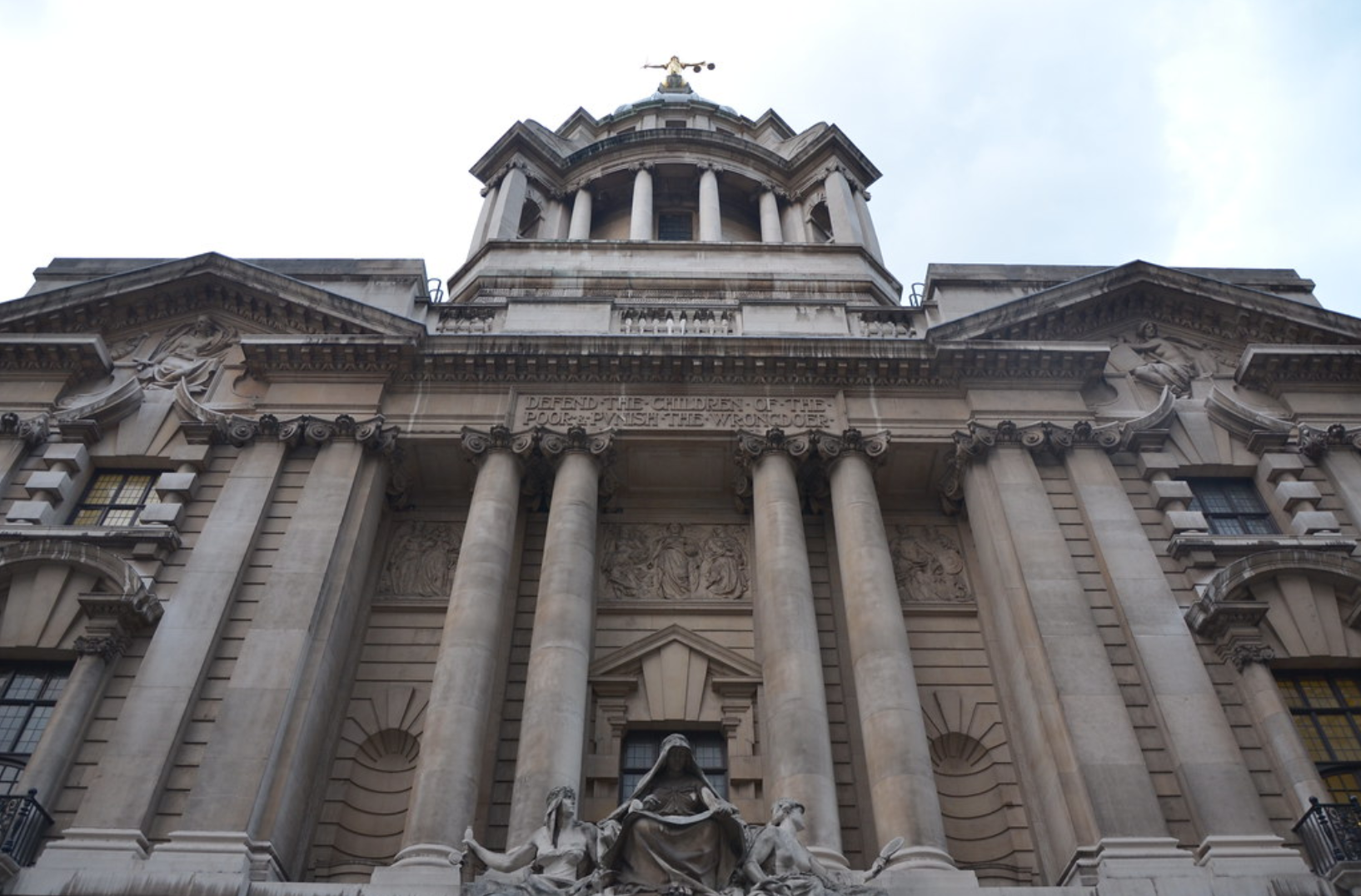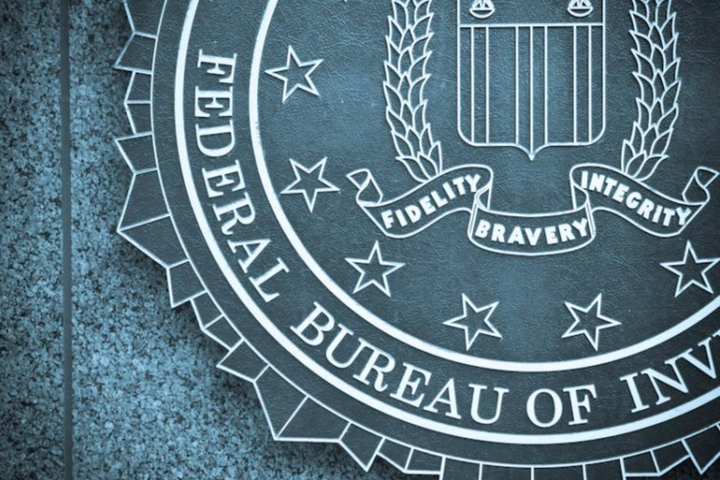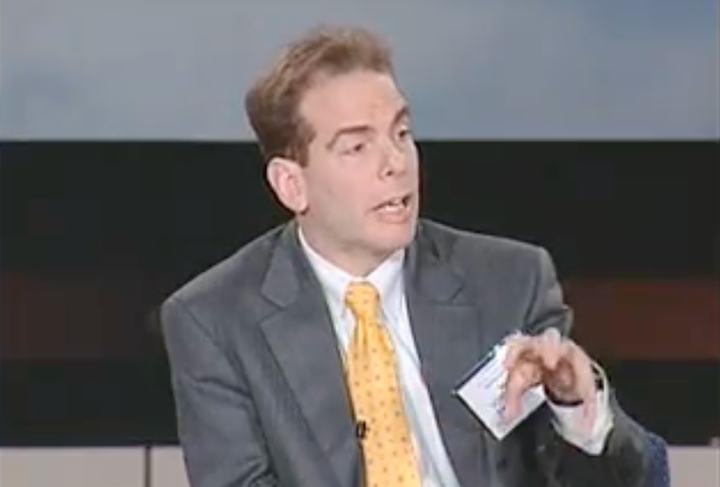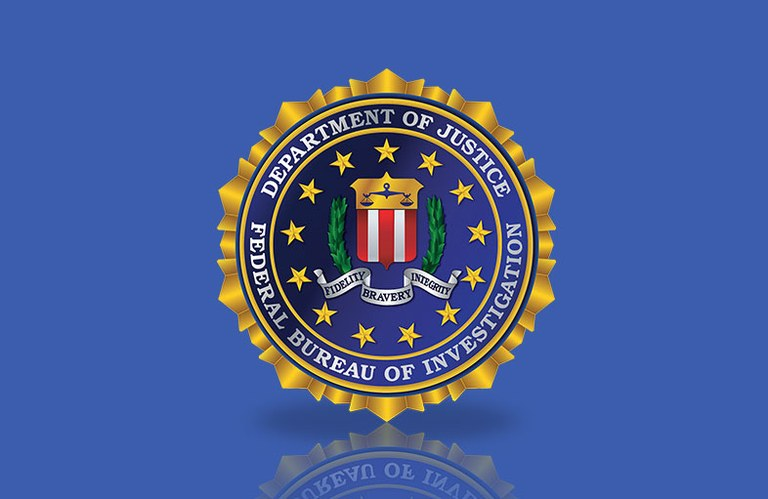Judge Railroads Assange As Legal Team Objects To Fresh Extradition Request
Report from Day 1 of trial portion of WikiLeaks founder Julian Assange's extradition hearing

Judge Vanessa Baraitser rejected a request by the legal team for WikiLeaks founder Julian Assange to remove conduct from a fresh extradition request brought by the United States.
Defense attorneys also requested that the court adjourn until January after Baraitser refused to take action.
According to Baraitser, in August, she acknowledged the issues his defense had with the request. She offered to allow them to apply for adjournment of proceedings, which would have moved the trial portion of the extradition hearing, which was previously scheduled for May, to a later date.
Baraitser seemed to believe Assange's legal team should've better understood the law and asked for an adjournment instead of demanding she exercise her authority.
The defense did not immediately ask for an adjournment because they did not want to prolong Assange's confinement.
Baraitser insisted what the defense asked her to do was not appropriate during this phase of the proceedings.
Assange is accused of 17 counts of violating the Espionage Act and one count of violating a computer crime law that, as alleged in the indictment, is also an Espionage Act offense.
The trial portion of Assange's extradition hearing in London began on September 7 at the Old Bailey Courthouse. It is expected to unfold over the next three to four weeks.
On June 24, the defense learned when a press release was published that Assange would soon face a third indictment. It was their belief that the indictment only added narrative details and expanded the timeline from 2010-2011 to 2010-2015.
The U.S. government served the indictment to the defense, but not the court, on July 2. Then, on August 12, a fresh extradition request based on the third indictment was issued. (It was dated July 17.)
Prosecutors notified the defense on August 21 that the third indictment does not include any additional charges, contrary to the defense's understanding, the new details are not "mere narrative." They "constitute the conduct upon which this court is entitled, and indeed must now determine [whether] an extradition offense is made out" under the relevant law.
Mark Summers, a lawyer for Assange, referred to two general allegations—Count 1, which involves an alleged conspiracy to release "national defense information," and Count 2, which is an alleged conspiracy to commit computer intrusions under the Computer Fraud and Abuse Act.
By adding new material, prosecutors believe they can extradite Assange, even if they do not convince the court that publishing disclosures from Pfc. Chelsea Manning was a criminal act.
The defense focused on the fact that multiple alleged "co-conspirators" of Assange, when it comes to the hacking elements, were the "subject of trials" in the U.S. and the United Kingdom a decade ago.
Sigurdur “Siggi” Thordarson, who is the "Teenager" in the third indictment, was mentioned by the prosecution in a filing in 2019. So, they could have included any material from Thordarson in the previous indictment.
As the defense noted, Thordarson was "convicted in Iceland of fraud, theft, and impersonation of Julian Assange." He sold merchandise through a WikiLeaks store without authorization and embezzled $50,000.
"The Icelandic Interior Minister of the time is reported to have ordered a number of FBI prosecutors, who had arrived in Iceland to investigate the ‘teenager’s’ claims, to leave Iceland. The Interior Minister made statements at the time and has made statements since that he believed the investigation was in order to ‘frame Assange,'" the defense stated in their argument.
Prosecutors entirely omitted the fact that alleged "co-conspirators" "Sabu" (Hector Xavier Monsegur) "Topiary" (Jake Davis), and "Kalya" (Ryan Ackroyd) were prosecuted before the Southwark Crown Court in the U.K. for their alleged involvement with LulzSec in hacking.
From the defense's argument:
The U.K. prosecution involved over 45,000 pages of materials. Sabu was a named co-conspirator. That prosecution encompassed alleged criminality in the U.K. and the U.S. Despite competing U.S. indictments being issued during the currency of the U.K. case, the U.K. case continued and was concluded in 2013 by guilty pleas. In short, if it had merit, Mr Assange could and should have been prosecuted for this additional conduct years ago, alongside his so-called ‘conspirators’, and that prosecution would have occurred in the U.K. The forum bar is obviously engaged.
In other words, if Assange is a co-conspirator to this offense, why isn't Assange on trial in the U.K. like Ackroyd and Davis were. Why extradite him to the U.S. to try him for this offense?
Sabu was working for the FBI, but how he came to be a source for allegations against Assange is absent from the fresh extradition request.
Summer mentioned Jeremy Hammond, who was prosecuted for his alleged involvement in hacking Stratfor, which was a private intelligence firm. He is in federal prison finishing up a 10-year sentence that was disrupted by a grand jury subpoena to testify before the grand jury investigating WikiLeaks.
"Like Manning, Hammond was held in contempt of court by Judge Anthony Trenga after refusing to testify. He was released in March 2020 after the conclusion of the grand jury. The parallels with Manning’s treatment are obvious," the defense suggested.
Summers said the prosecution has rebutted the argument that publishing evidence of war crimes was "necessary" by saying essentially that it was not necessary to hack into an Icelandic bank. They aim to tie Assange to any number of cyber activities that allegedly took place.
As was argued in court, expanding the general allegations should be seen as "fundamentally unfair and unjust without the defendant being able to address" the development. He is in custody, without access to visits from his legal team for the last five to six months. He has very limited access to legal materials in the case. (Edward Fitzgerald, who is part of Assange's legal team, said he was able to meet in person with Assange today for the first time in six months.)
Prosecutors maintained there was nothing inappropriate about the fresh extradition request, and the court would be making an error if it removed the conduct because the portion where evidence is heard in the case has not occurred yet.
The defense insisted it was unfair six weeks prior to this extradition hearing to issue a new request.
How Baraitser handled the matter was in line with previous decisions she has made, including the ruling she issued in February to keep Assange in a glass box at the back of the courtroom and bar him from sitting with his attorneys. She repeatedly has refused to make rulings for the defense that she says involve "case management" decisions that should not be made at this point in the proceedings.




Comments ()